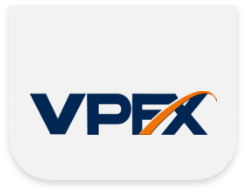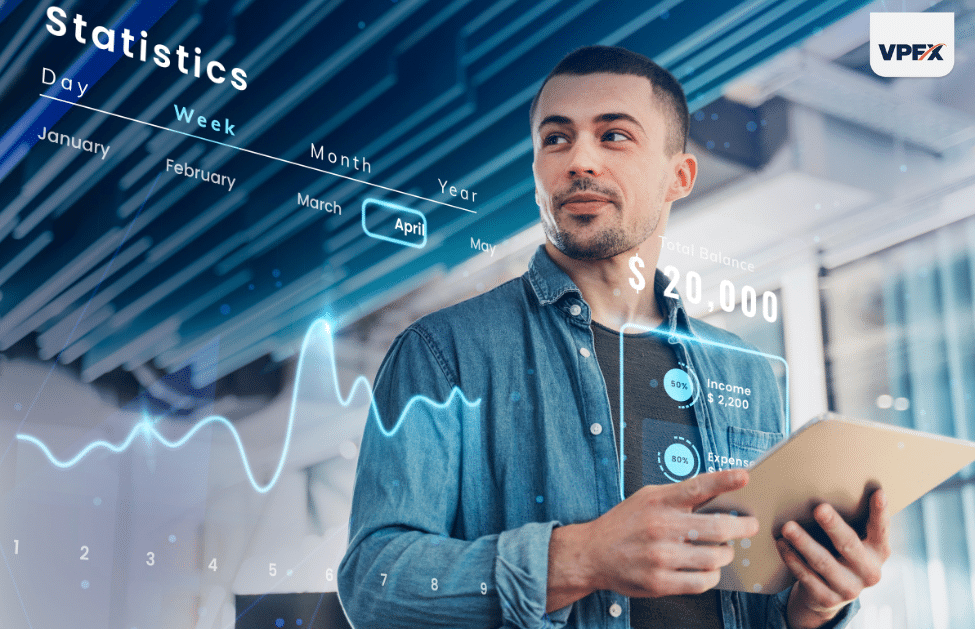Sharp price movements, complex indicators, and the pressure of real-time decisions, trading isn’t just about reading charts or setting up strategies. The defining edge often lies beneath the surface: in the psychological framework that supports a trader’s mindset. The psychology of trading plays a critical role in determining whether a person consistently succeeds or spirals into emotional decision-making.
Technical expertise, such as mastering Meta Trading 5, provides the tools. But without a solid psychological foundation, even the best strategies can collapse. With millions of active traders worldwide and trillions traded daily across forex and other markets, the margin for error is razor-thin. It’s not enough to know when to enter and exit; what separates long-term winners from short-lived attempts is the psychology behind trading success.
Are Traders Born or Made?
A common debate in financial circles revolves around whether traders are born with the temperament needed to navigate financial markets or whether that mindset can be trained. While natural disposition plays a role, data suggests that training, self-awareness, and experience contribute heavily to success.
A 2023 study by the CFA Institute found that over 78% of consistently profitable traders had undergone structured training programs, and more than 65% reported regular psychological coaching or self-reflection practices. These findings support the argument that while innate qualities help, trading psychology can be shaped over time.
Key Traits Behind Trading Success
- Emotional Discipline
Markets are volatile and unpredictable. Successful traders stay composed, avoiding emotional reactions to market swings. Emotional discipline allows them to stick to their strategies even during downturns or missed opportunities.
- Resilience
Losses are inevitable. The difference is how traders respond. Resilient traders bounce back quickly, analyze their missteps, and return with better strategies instead of becoming paralyzed by past failures.
- Objectivity
Subjective decision-making leads to erratic results. Traders who base decisions on data, not emotions, perform better. The best forex trading brokers often provide tools that enable this objectivity, including real-time analytics and customizable dashboards.
- Patience
Patience is a rare commodity in high-speed markets. Top traders wait for high-probability setups and avoid revenge trading, a behavior where traders try to win back losses irrationally.
- Continuous Learning
Markets evolve. From economic shifts to new trading technologies, staying updated is critical. Tools like Meta Trading 5 offer advanced features that cater to evolving strategies and analysis.
Emotional Traps Every Trader Must Avoid
- Fear and Greed
These two emotions are notorious for influencing trade decisions. Fear leads to premature exits; greed causes overtrading. The key lies in managing them through clear risk rules and limits.
- Regret and Hope
Traders often regret missed trades or bad entries, hoping their positions will reverse. Hope is not a strategy. Emotionally intelligent traders focus on the next move, not the last mistake.
- Overconfidence
After a few wins, traders may feel invincible. This illusion often leads to taking excessive risks. Maintaining humility ensures consistent performance and protection against avoidable losses.
Why Mindset Matters More Than Skill
Psychologists and trading mentors often say: “Trading is 90% mindset and 10% mechanics.” Whether you’re scalping currency pairs or executing swing trades, your ability to remain focused, adaptable, and calm significantly impacts results. A mindset tuned for consistency embraces both wins and losses as part of the journey, not end goals in themselves.
A 2024 report by Finance Magnates revealed that less than 20% of retail traders are profitable over the long term, with emotional decision-making cited as the leading cause of failure. This underscores the vital role of mental discipline in trading success.
Role of Risk Management and Structured Process
Traders who survive and thrive approach the market like a business. They define their risk per trade, adhere to stop-loss levels, and avoid taking chances based on gut feelings. More importantly, they track performance regularly to adjust strategies based on results, not emotion.
Tools like Meta Trading 5 allow automation of these processes, reducing the emotional load. Real-time analytics, custom alerts, and algorithmic execution help traders stick to rules and improve objectivity.
VPFX: Empowering Traders with Tools, Insights & Psychological Edge
At VPFX, we understand that successful trading is not just about having the right strategy, it’s about building the right mindset. That’s why we provide a comprehensive environment designed to support every aspect of a trader’s journey.
Whether you’re new to trading or an experienced professional, our platform is tailored to improve both execution and mental preparedness. With a strong global presence, we’ve served over 50,000 clients, and our Meta Trading 5 integration ensures high-speed execution, risk management tools, and real-time insights.
We go beyond what typical forex trading brokers offer. Our services include:
- 24/5 Professional Support
- Personalized Trading Education Programs
- Advanced Risk Management Systems
- Access to 250+ Instruments across Forex, Indices, and Commodities
With an average 98.7% client satisfaction rate and an execution speed of less than 30 milliseconds, VPFX is not just a platform, it’s a partner in your trading evolution. Our team continuously works to integrate psychological support tools, including performance analytics and training content, aimed at strengthening the psychology behind trading success.
We believe that every trader can be trained to outperform, provided they’re equipped with the right tools, mindset, and support. That’s what we bring to the table.
Contact Us
Ready to take your trading performance to the next level? Reach out to us for personalized onboarding, advanced tools, and mentorship programs that focus on building your strategy and your mindset.



